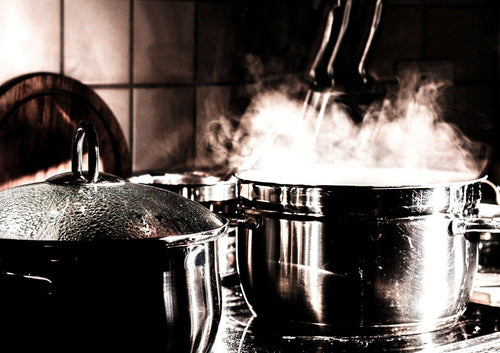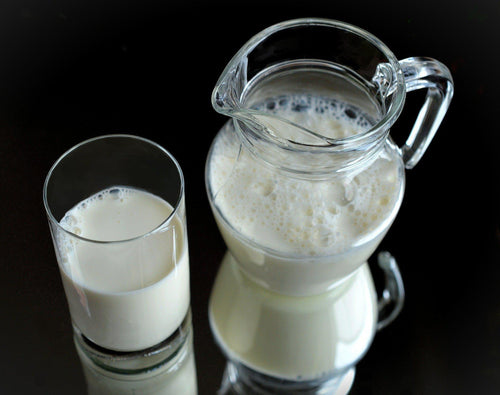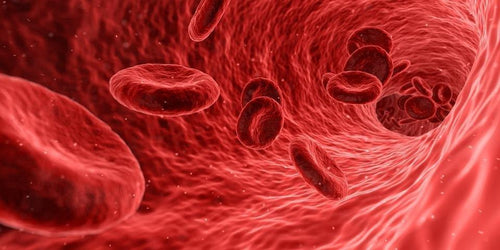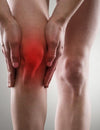It’s not because of reduced inflammation.
Adapting habits research has found to be beneficial for reducing cancer risk is a good idea, since your body does not give you any early warning signs.
Pain is not a good indicator for cancer.
Cancer usually takes quite a while to develop, pain occurs later.
We know that low-grade inflammation, the type of inflammation we usually are unaware of increases cancer risk, but what else than reducing inflammation can you do?
You can eat more lignans.
Lignans are plant-derived compounds with anticarcinogenic properties.
Lignans are metabolized to enterolignans, and as such, they have shown to reduce the risk of breast cancer.
Research has documented that patients with breast cancer who have higher enterolactone levels, a marker of dietary lignans, have significantly better survival (Buck K, et.al., 2011). This was for estrogen-receptor negative tumors.
21 studies showed that high lignan exposure was associated with reduced breast cancer risk in postmenopausal women (Buck K. et.al., 2010).
Where do you find high amount of these beneficial lignans?
You find this kind of lignans in flaxseeds.
When patients with breast cancer were given either a daily 25 g of flaxseed-containing muffin or a placebo, a reduction in apoptosis (death of cancer cells) was seen in the flaxseed group, but not in the placebo group (Thomson LU, et.al., 2005).
This was after only 32 days.
Higher intake of dried beans, but not grains, fruit or vegetable also reduced the overall mortality risk somewhat, and the highest lignan intake reduced the risk significantly (McCann SE, et.al., 2010).
I suggest you buy organic flaxseeds and grind 2 tablespoons in a coffee grinder for approximately 15 seconds. Put them in a little bit of water and stir. Do that once or twice daily, and drink it thick. I think they taste good when I do it that way. But, it does not matter how you do it, as long as you ingest them. You can also sprinkle it on food if you prefer that.
Just a simple habit like this may help you stay healthier.
References:
Thompson, L. U., Chen, J. M., Li, T., Strasser-Weippl, K., & Goss, P. E. (2005). Dietary flaxseed alters tumor biological markers in postmenopausal breast cancer. Clinical cancer research, 11(10), 3828-3835.
McCann, S. E., Thompson, L. U., Nie, J., Dorn, J., Trevisan, M., Shields, P. G., … & Freudenheim, J. L. (2010). Dietary lignan intakes in relation to survival among women with breast cancer: the Western New York Exposures and Breast Cancer (WEB) Study. Breast cancer research and treatment, 122(1), 229-235.
Buck, K., Zaineddin, A. K., Vrieling, A., Linseisen, J., & Chang-Claude, J. (2010). Meta-analyses of lignans and enterolignans in relation to breast cancer risk. The American journal of clinical nutrition, ajcn-28573.
Buck, K., Vrieling, A., Zaineddin, A. K., Becker, S., Hüsing, A., Kaaks, R., … & Chang-Claude, J. (2011). Serum enterolactone and prognosis of postmenopausal breast cancer. Journal of Clinical Oncology, 29(28), 3730-3738.
Buck, K., Zaineddin, A. K., Vrieling, A., Heinz, J., Linseisen, J., Flesch-Janys, D., & Chang-Claude, J. (2011). Estimated enterolignans, lignan-rich foods, and fibre in relation to survival after postmenopausal breast cancer. British journal of cancer, 105(8), 1151.








